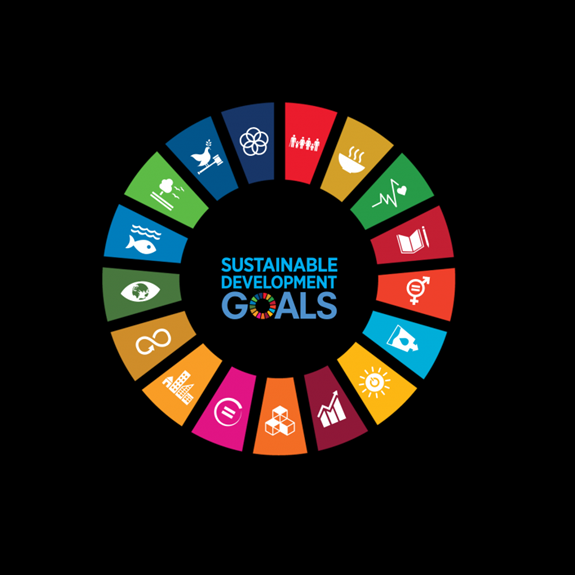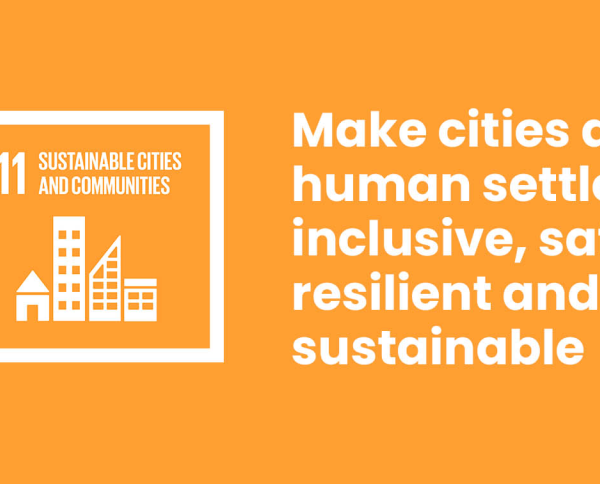
World Engineering Day (WED2021)
” Engineering for A Healthy Planet “
Today is The World Engineering Day for Sustainable Development, as proclaimed by UNESCO at its 40th General Conference in 2019. It is celebrated worldwide on 4th March of each year since 2020.
This year’s theme, ” Engineering for A Healthy Planet “, is all about recognising the important work that engineers are doing to address climate change and developing technologies for a carbon free economy. Today is a great day to highlight the achievements of engineers in our modern world and improve public understanding of how engineering and technology is central to modern life and sustainable development.
#worldengineeringday #sustainability #SDG’s

“Engineers aren’t very good at articulating the value of engineering and the impact that engineers and engineering have on society. This is a wonderful opportunity to talk about these aspects and engage the community in the work of engineers”, said Dr. Marlene Kanga, the Past President of the World Federation of Engineering Organizations.
As a structural engineer, what is my contribution towards sustainable development for a healthy planet?

Today I chose to focus on the UN SDG’s, specifically SDG No. 11 – Sustainable cities and communities. It is well recognised that the implementation of solutions to achieve the UN Sustainable Development Goals requires engineers and engineering.
The world is becoming increasingly urbanized. Since 2007, more than half the world’s population has been living in cities, and that share is projected to rise to 60 per cent by 2030. Cities and metropolitan areas are powerhouses of economic growth—contributing about 60 per cent of global GDP. However, they also account for about 70 per cent of global carbon emissions and over 60 per cent of resource use.
Engineers are essential for resilience to climate change and to design and develop resilient infrastructure that will withstand the increasing weather-related events – floods, cyclones, and bush fires especially in developing countries that are most exposed to these risks.
Engineers are essential for sustainable economic development as they are needed to support the growth and development of essential infrastructures such as roads, railways bridges, dams, waste management, water supply and sanitation, energy and digital networks in both developed and developing countries.
Engineers are needed to develop inclusive technologies and innovations that will benefit people and the planet for greater prosperity and better quality of life and leave no one behind, especially to ensure equal access to technology for women and in rural areas.
With increasing urbanisation and growing cities, engineers are expected to develop new innovations for green infrastructure for smart cities and develop low CO2 energy sources. Engineers have a vital role in solving the problems of climate change and to implement sustainable solutions for the use of depleting resources.
This can be realised for example with the use of green infrastructure (also known as low impact development). Done well, low impact development helps to literally green the urban landscape, cool and cleanse the air, reduce asthma and heat-related illnesses, cut heating and cooling energy costs, create urban oases of open space, and generate green landscaping and construction jobs.
World Engineering Day for Sustainable Development is an opportunity to discuss these issues and engage the wider community in the contributions of engineers and engineering and the work that needs to be done to achieve the UN 2030 Agenda so that no one is left behind. The celebration of World Engineering Day is also about promoting engineering as a career and how it is an opportunity to change the world for better. Someone smart once said , “If you want to change the world for the better, become an engineer.”
At Ora Labora, there are five key ways we as structural engineers apply sustainable principles in our work:
I. Zero Waste/Materials and Products:
We always think about how to design for deconstruction or reuse (e.g. using bolted steel connections rather than welded) to encourage zero waste when the building reaches the end of its life.
ii. Zero Carbon Energy/Zero Waste:
We aim to use local materials on site, particularly reclaimed or recycled materials. This reduces transportation and supports local businesses
iii. Culture and Community
Where applicable, we encourage designs that have flexibility and dual-use facilities, allowing clients to let out the facilities to local community use.
iv. Land and Nature:
We aim to Compost organic waste on-site, reducing truck movements and limiting the volume of material directed to landfill.
- Materials and Products/Land and Nature:
We Specify materials and finishes which include no volatile organic compounds – this has the additional benefit of promoting the health and wellbeing of workers.
What does Sustainable Development mean to you? Get in touch with us at Ora Labora to discuss how we can partner to advance the journey towards ” Engineering for A Healthy Planet “
Flash poll: which of the United Nations’ Sustainable Development Goals do you think is currently the most important ?

